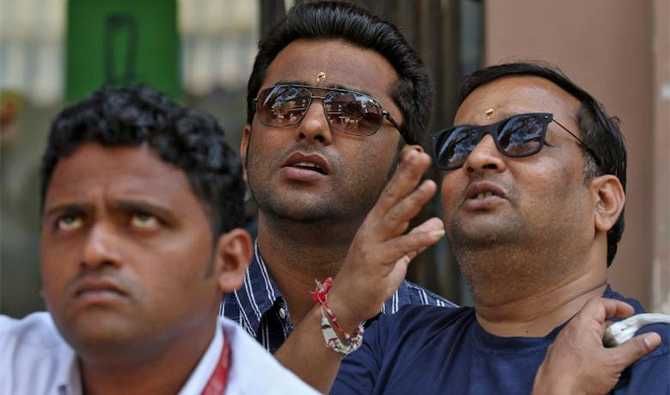Mutual funds have invested nearly Rs 94,500 crore in equities thus far in CY17, compared to Rs 32,000 crore in the year ago period, at a time when foreign investors have turned net sellers of India since August.

With the markets ruling at an all-time high given the gush of liquidity, especially by mutual funds, experts have started to worry about whether this pace of inflow can continue going ahead.
Christopher Wood, managing director and equity strategist at CLSA in his weekly note, ‘GREED & fear’, questions whether the scale of inflows witnessed thus far will be sustained in coming months given the pending issuance of new equity that the stock market will have to absorb.
“This new supply is coming at a time when the stock market is trading at the top end of the historic valuation range. The other risk is that foreign investors have turned net sellers of India since August. The foreign caution is explained in part by the pending supply and high valuations. Global emerging market investors over the past year have also been reducing longstanding Indian overweights to add to China and tech exposure in Korea and Taiwan where the earnings trends have been much more positive,” Wood writes.
Thus far in calendar year 2017, foreign institutional investors have pumped in nearly Rs 32,000 crore in equities as compared to Rs 35,500 crore in the previous corresponding period, data show. Mutual funds, on the other hand, have invested nearly Rs 94,500 crore in the equity segment thus far in CY17, as compared to Rs 32,000 crore in the year ago period.
Another concern as regards India, Wood says, is the absence of a meaningful recovery in corporate earnings. Though the aggregate trend is likely to reverse, this, he says, comes on a lower base given the lingering impact of demonetisation.
“Hopes for a sustained revival of earnings are still constrained by the continuing lack of any evidence of a pickup in the investment cycle. Credit growth in India also remains very weak though it is not quite as weak as it appears if only including bank lending. This is because of active bond issuance,” Wood says.
The lack of an investment cycle, and the related lack of loan growth, are directly linked to the ongoing asset quality problem in the Indian banking system which remains the main unfinished business of the first Narendra Modi administration, which according to him, is more important and an urgent need than cutting interest rates.











